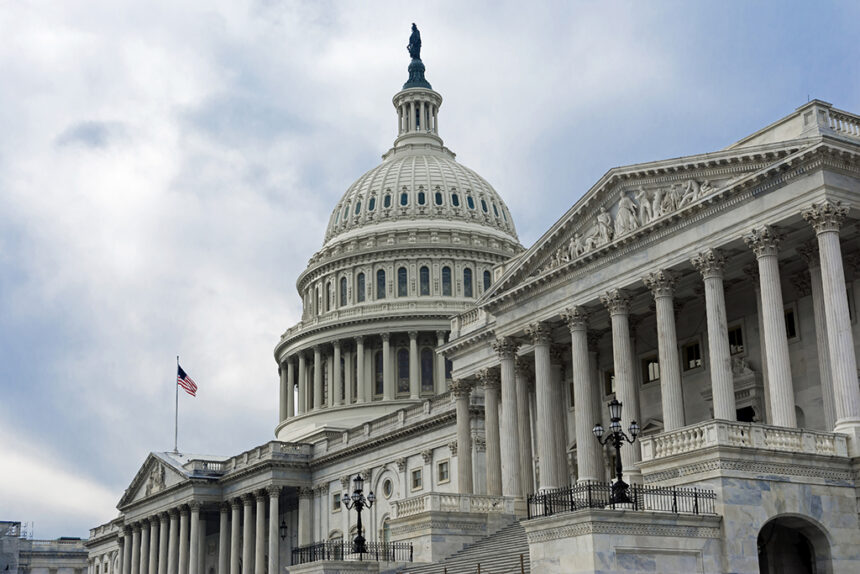On the federal level, healthcare policy is in a precarious state.
The U.S. government is headed toward a shutdown within days, leaving various public health programs up in the air when it comes to funding.
Congress isn’t on the path of finding a solution anytime soon, as there isn’t a consensus among the two parties to avoid the shutdown.
Democrats in the Senate are planning to vote on a bipartisan stopgap funding bill, while Republicans in the House push forward four bills with conservative goals.
Still, there has been some bipartisan legislating occurring.
The Senate Health, Education, Labor and Pensions (HELP) committee recently attempted to address at least one of the health funding cliffs, passing a bipartisan bill that would renew the federal fund for community health centers.
The Bipartisan Primary Care and Health Workforce Act passed with a 14-7 vote after the HELP committee debated through the mark-up process.
Led by Senators Bernie Sanders, (I-Vt.), and Roger Marshall, (R-Kan.), the bill would reauthorize the Community Health Center Fund and invest $26 billion into primary healthcare and the medical workforce shortage.
In particular, the bill would boost funding from $4 billion to $5.8 billion for community health centers and provide $3 billion for them to expand dental and mental health care services.
Each year, $245 million would be set aside to increase hours of operation at community health centers, as well as $55 million per year for health services in schools.
The bill also tackles the healthcare workforce shortage, by offering $1.2 billion in grants to colleges and universities in an effort to boost the number of students enrolling in nursing programs.
Finally, it would invest $300 million to increase the number of primary care doctors by 2,000 nationwide.
In a statement, Sanders noted that the legislation does not solve the nation’s ongoing healthcare woes, but offers additional funding to critical areas of the care infrastructure.
“It’s a far more modest piece of legislation than I would have liked to produce,” Sanders said. “[But] if this legislation is passed, it would not only save us substantial sums of money by making our healthcare system more efficient and rational — it would not only significantly increase the amount of doctors we need — but it would go a long way in making primary healthcare more affordable and accessible.”
Sanders referred to the “broken” healthcare system in the U.S. and that the bill would overall be a money saver.
However, despite its name and support from both sides of the committee, not everyone has shared his sentiment.
The bill has drawn opposition from Sen. Bill Cassidy, (R-La.), who raised concerns about how the legislation would be paid for.
While Sanders argued it would be fully paid for “by combatting the enormous waste, fraud and abuse” in the healthcare system, Cassidy countered that there simply was no way to pay for it.
In addition to the typical Capitol Hill rancor, some hospital groups also argued that various hospital cuts in the bill — such as eliminating facility fees for telehealth services — would negatively impact them.
The American Hospitals Association (AHA) released a statement on the bill, calling on the HELP committee to remove proposals that would impact hospitals.
“While we appreciate that the bill contains numerous policies to address healthcare workforce shrotages, we are concerned that these investments come directly at the expense of the hospitals, health systems and caregivers that need this support in the first place,” the AHA stated. “These policies would result in billions of dollars in additional cuts to hospitals and health systems, which would exacerbate the current challenges facing the field and reduce access to care.”
With lingering opposition and Republican control of the house, the bill may not be included in any end-of-year spending package.
Still, Sanders pressed that he would work with Senate leadership in the coming weeks to move the bill forward and ensure that “millions more Americans can get the healthcare they deserve.”







